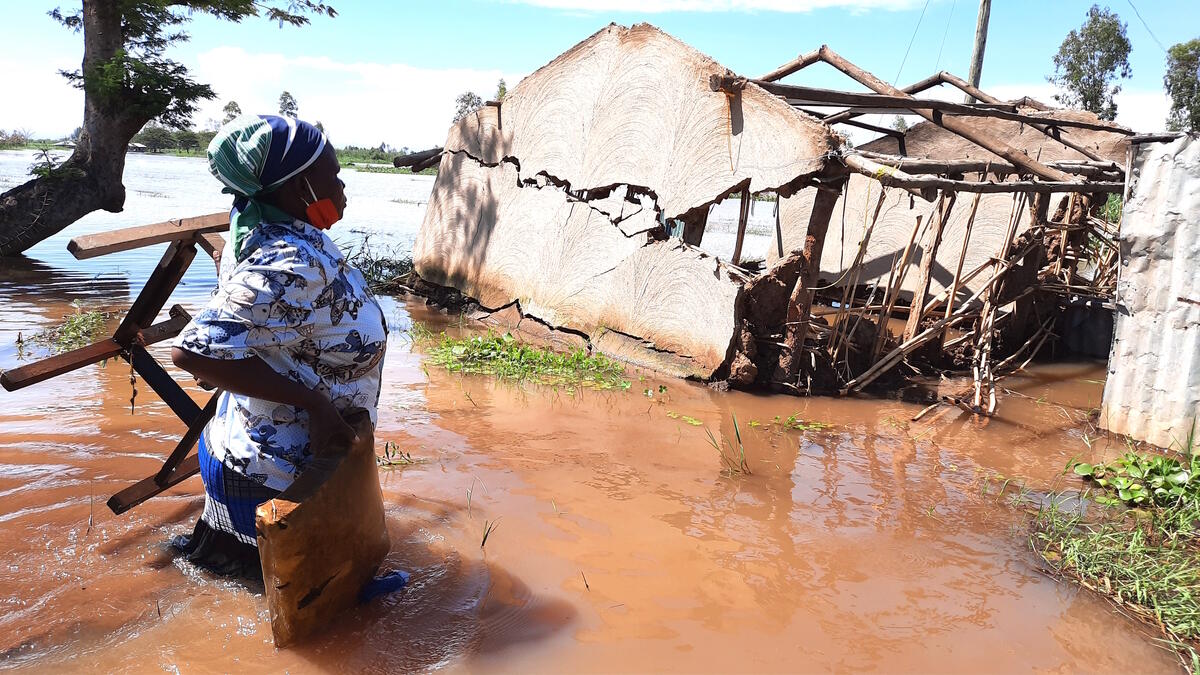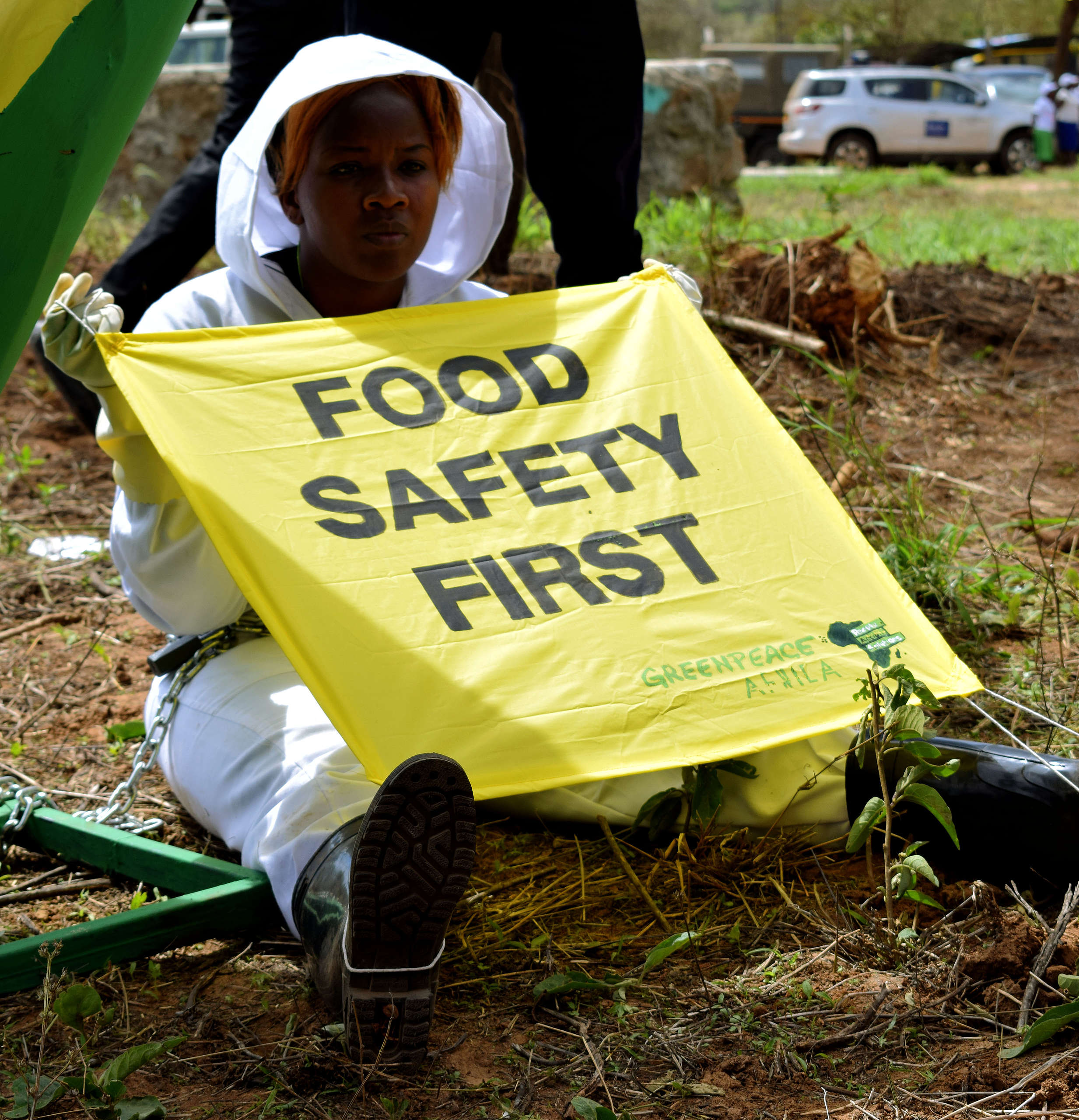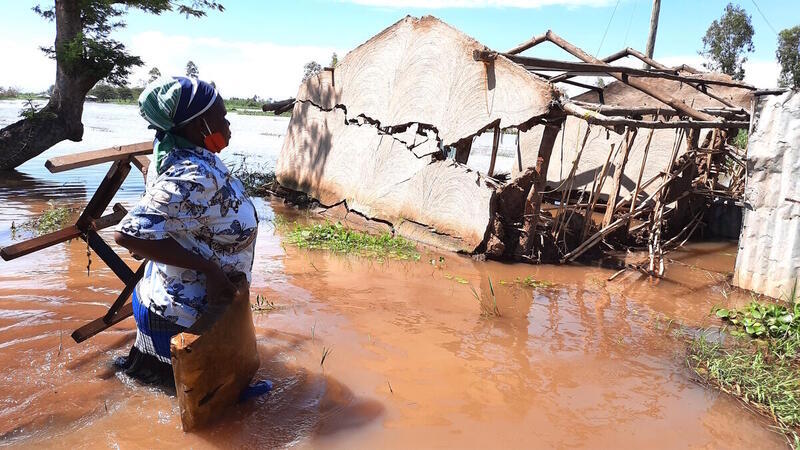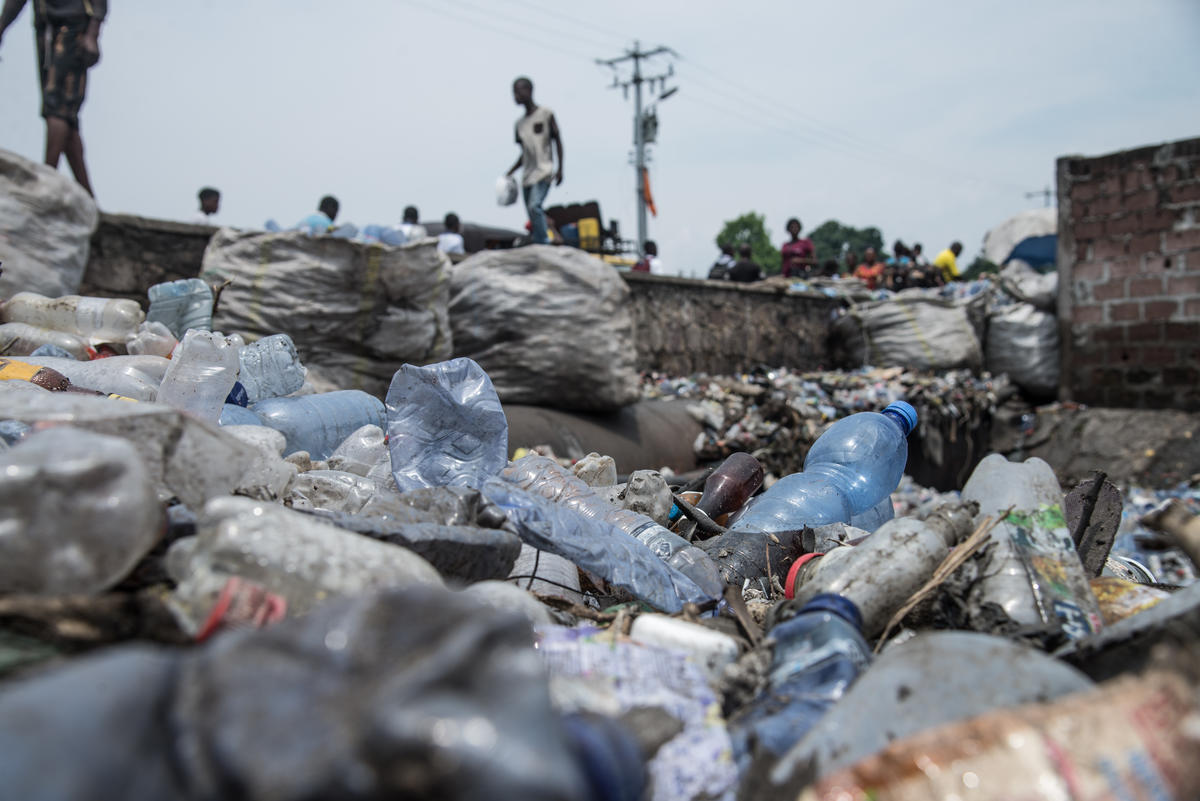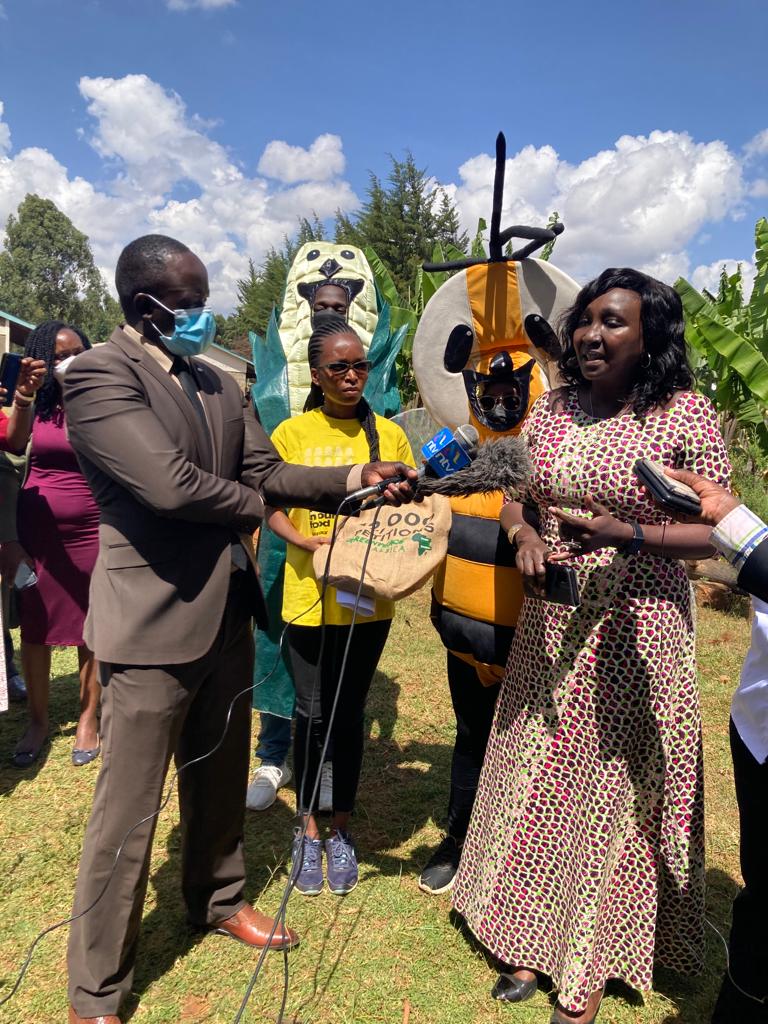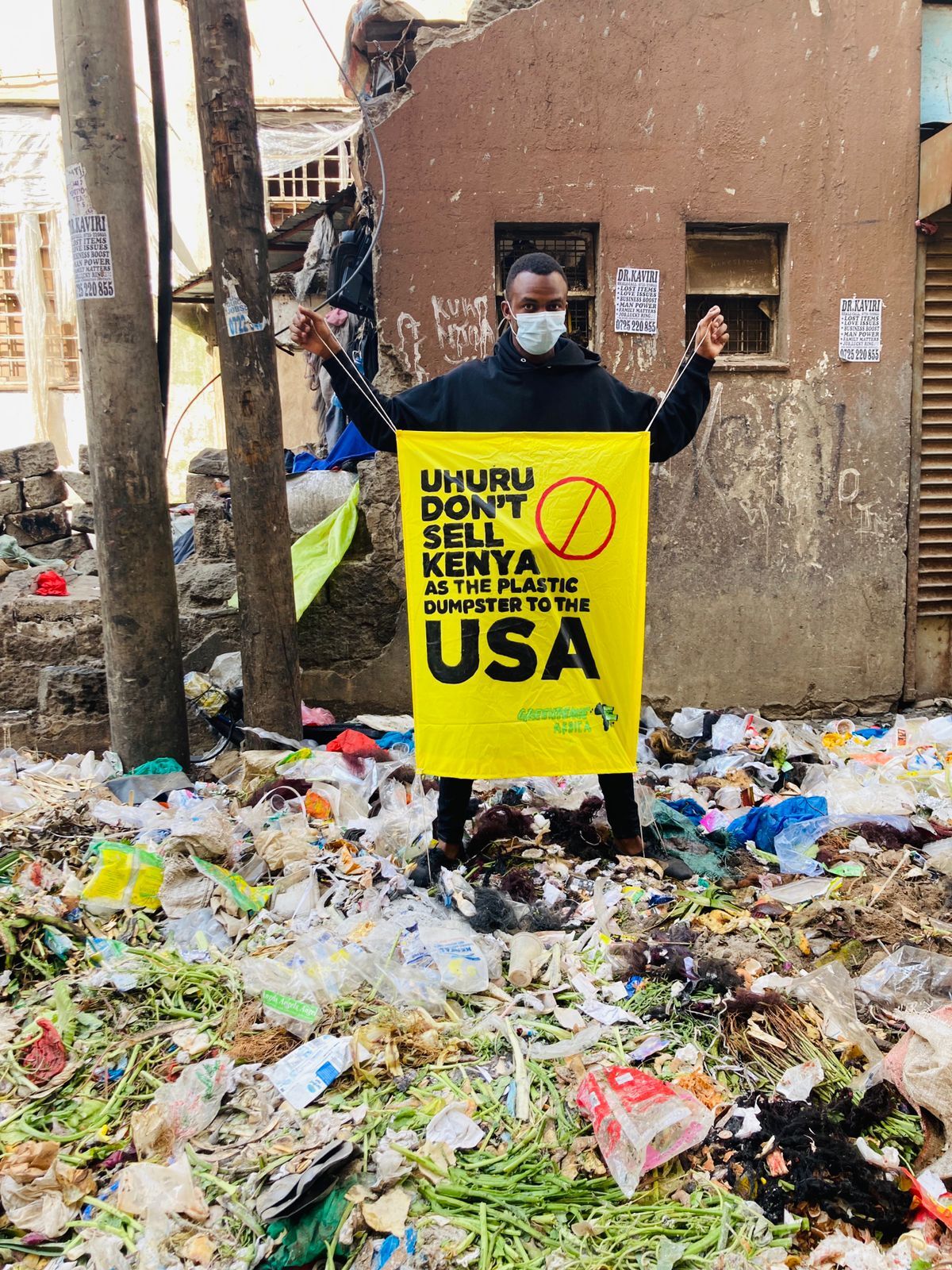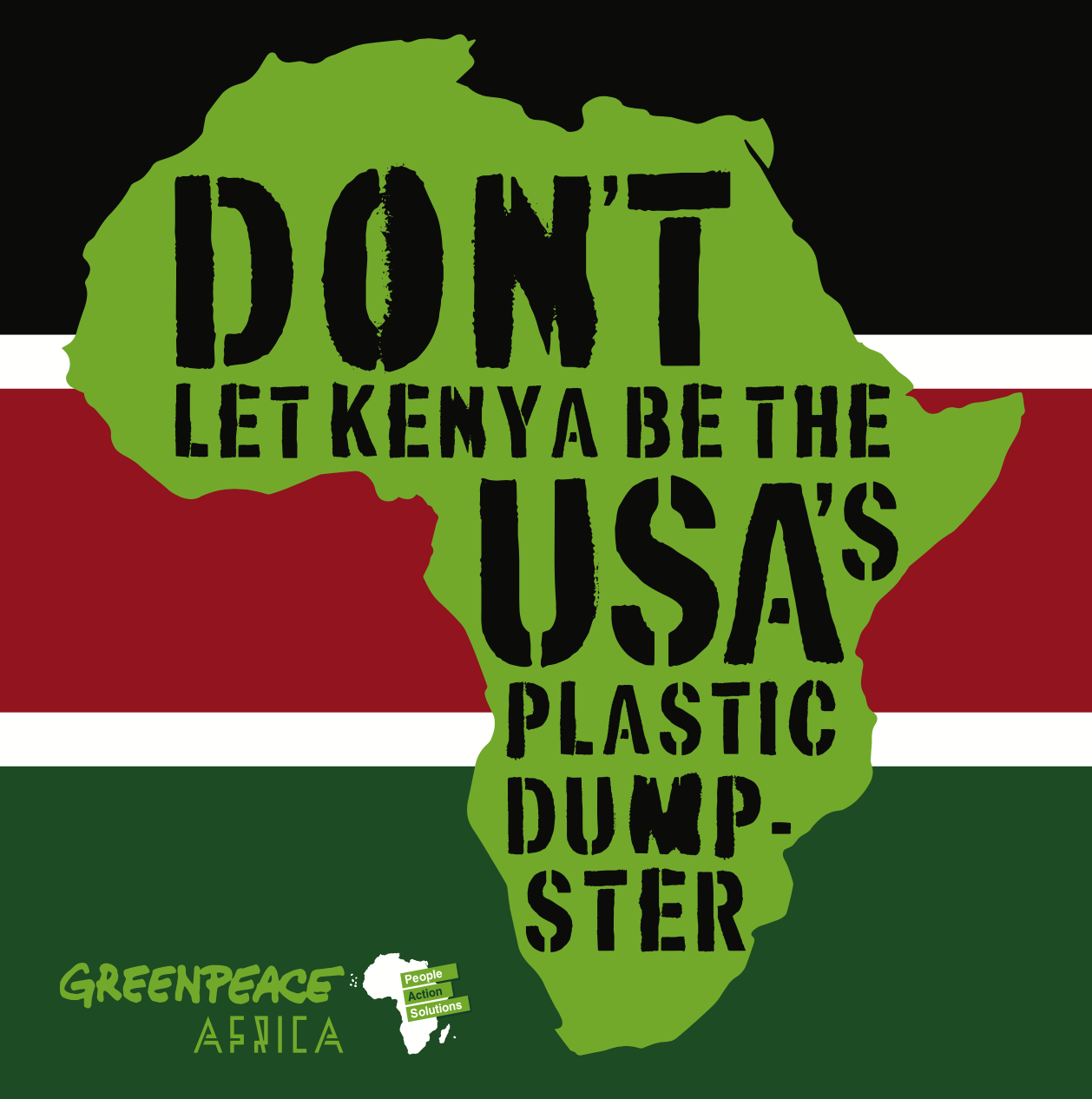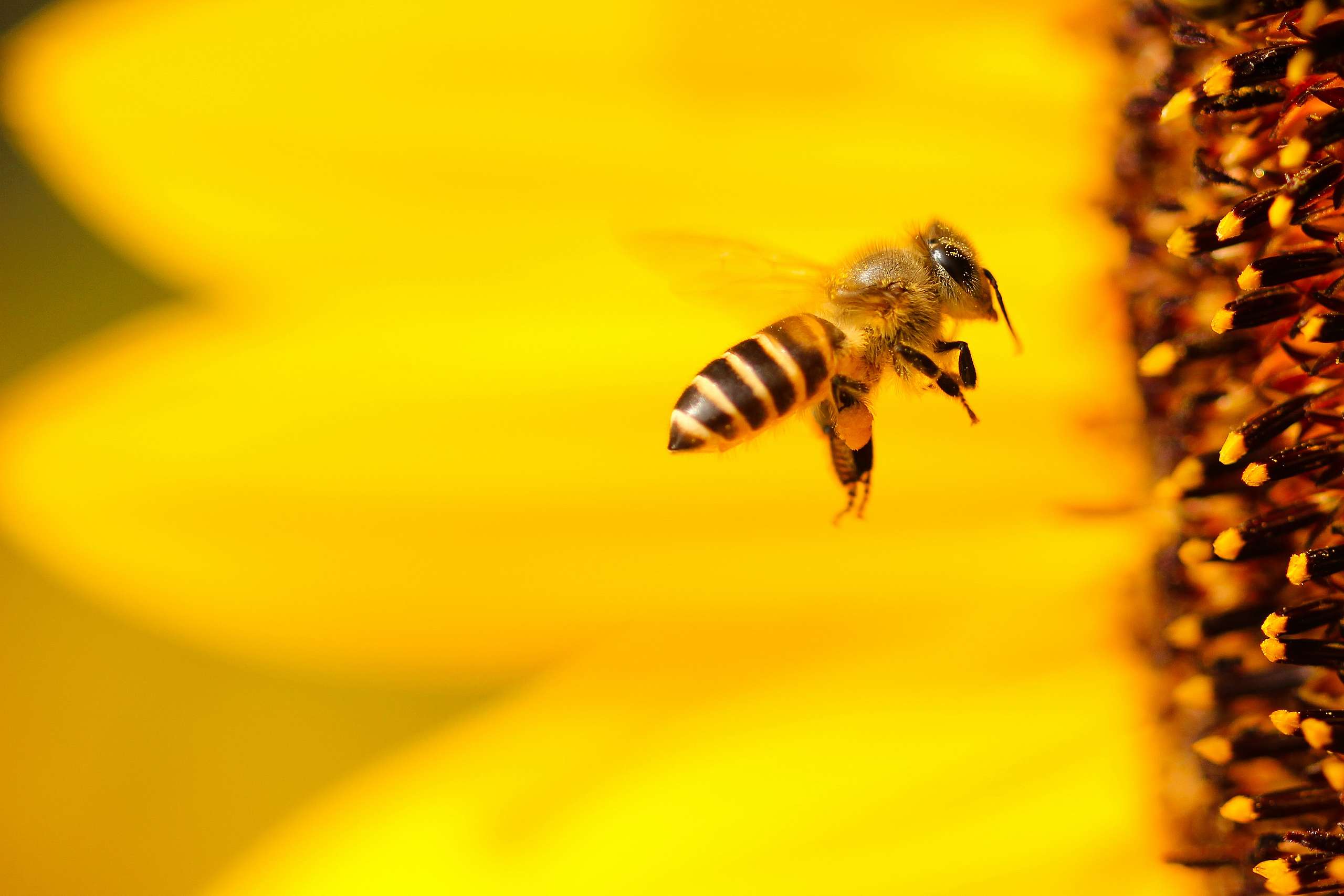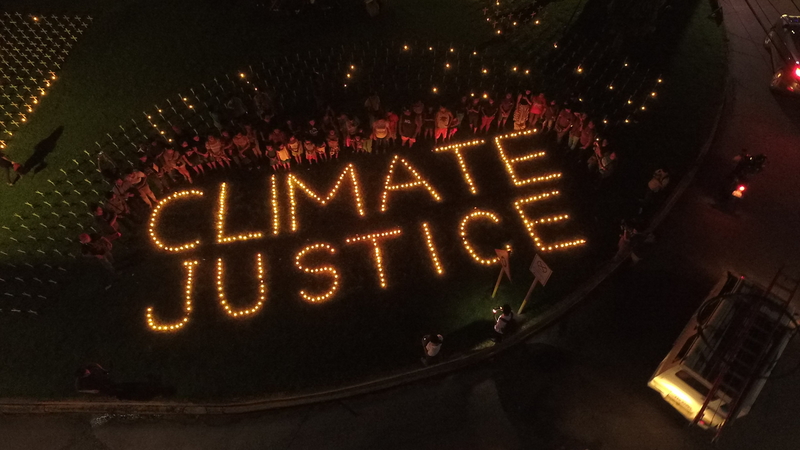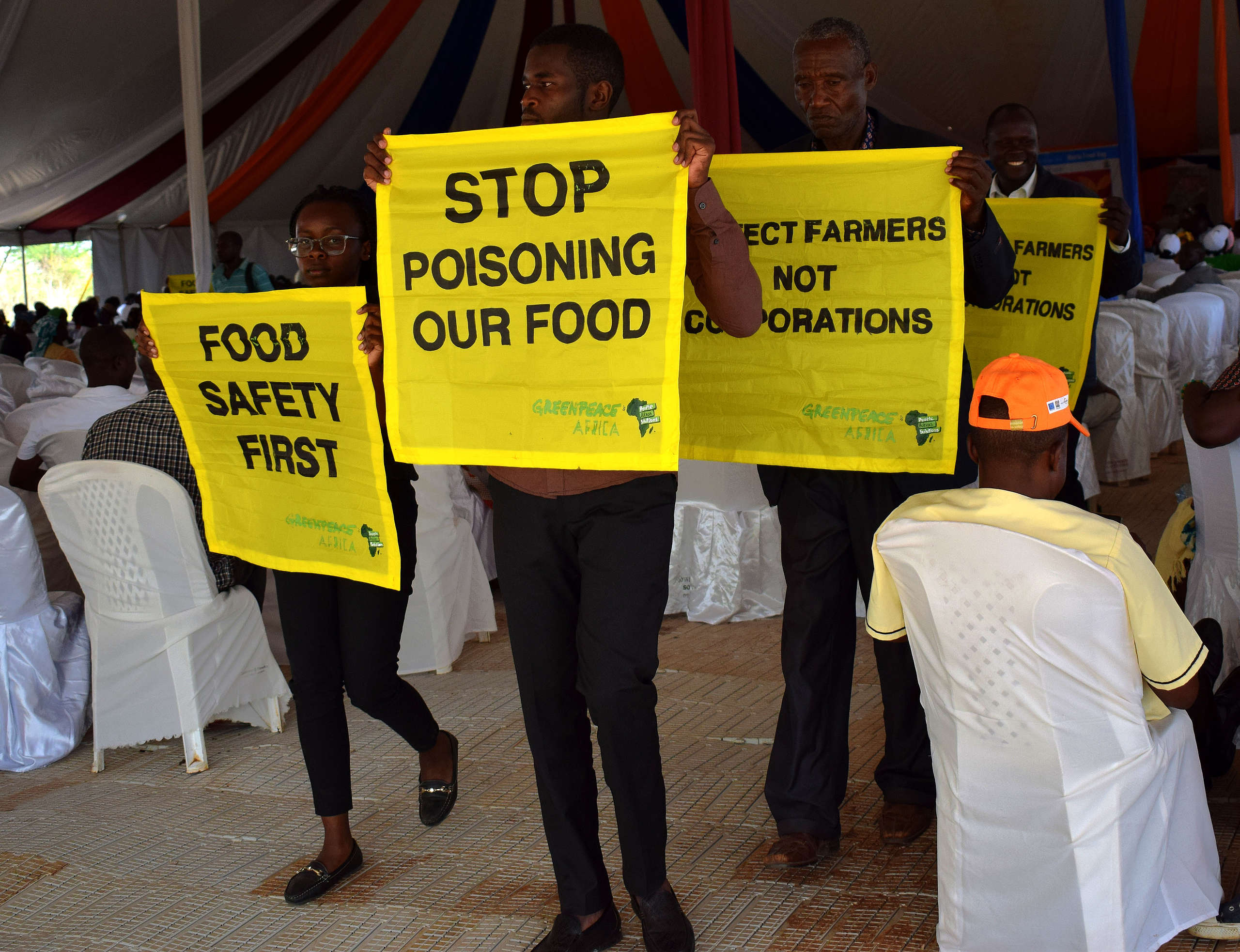All articles
-
Time for Kenyatta to Demonstrate True Leadership on Climate Change Issues; Greenpeace Africa
Nairobi, 07 February 2022: President Kenyatta has been selected to chair the Committee of African Heads of States and government on climate change. In response to these developments, Greenpeace Africa campaigner, Claire Nasike
-
The silent long term killer: Toxic pesticides in Kenya’s food
The use of pesticides to produce food has spurred a debate between the pro pesticides and the anti pesticides groups in Kenya. The point of contention is the proposed ban on toxic pesticides currently used in food production in Kenya.
-
Food, Water and Pasture Before Politics: Greenpeace
Nairobi, 24 January 2022: In response to recent media reports that prolonged drought and hunger have been ravaging Northern parts of Kenya leading to loss of livestock and lives, Greenpeace Africa Food campaigner, Claire Nasike has said:
-
Greenpeace calls for global treaty to include the whole life cycle of plastics
In February 2022, national governments and multinationals will gather for the next session of the UN Environment Assembly (UNEA 5.2)
-
Call for action: Remove harmful pesticides from Kenya
Nairobi, Kenya 25, November 2021: Today, over 12,000 Kenyans have demanded for the removal of toxic pesticides in the country through signing a public petition, No More Poison In Our Food, by Greenpeace Africa and submitted to the Uasin Gishu Woman Representative, Hon Gladys Boss Shollei.
-
Live blog: Kenya cannot be the plastic dumping site for the USA
On this Black Friday, don’t sell Kenya as a plastic bin to the USA, President Kenyatta. We need a plastic free country.
-
Black Friday: Don’t Let Kenya be the USA Plastic Dumpster
In just a few days, the US will be marking Black Friday - a routine shopping event that encourages thoughtless mass buying characterised by huge discounts and a lot of plastic packaging.
-
Bees in Crisis: Toxic insecticides a threat to food security
Bees play a critical role in food and nutrition security in Kenya through cross-pollination. They are also a source of income for farmers, through products such as honey, pollen, beeswax, propolis and royal jelly.
-
Action is needed from the government to tackle climate change beyond promises made in COP Demands Greenpeace Africa
Nairobi, 5th November 2021- In response to the media reports that President Uhuru Kenyatta is positioning Kenya to be Africa’s voice on climate change at the UN Security Council and…
-
Open letter to the Ministry of Agriculture
Following chemical control operations against locust infestation in Kenya in March 2021, Greenpeace Africa (GPAF) carried out an environmental sampling and analysis between March and April 2021 to identify the pesticides used in spraying the locusts.

